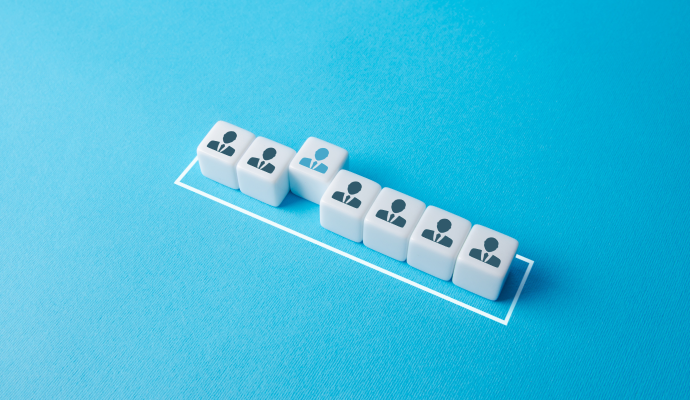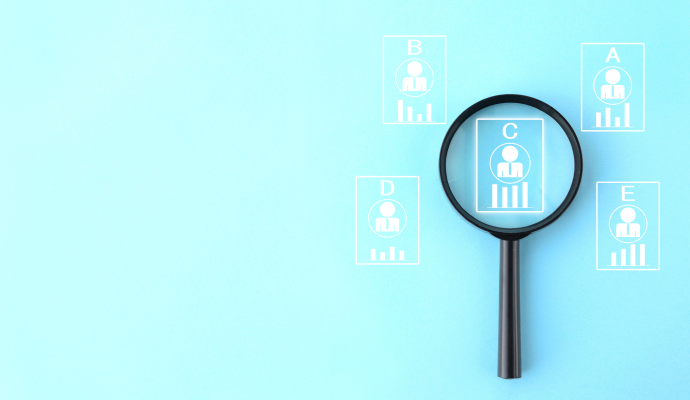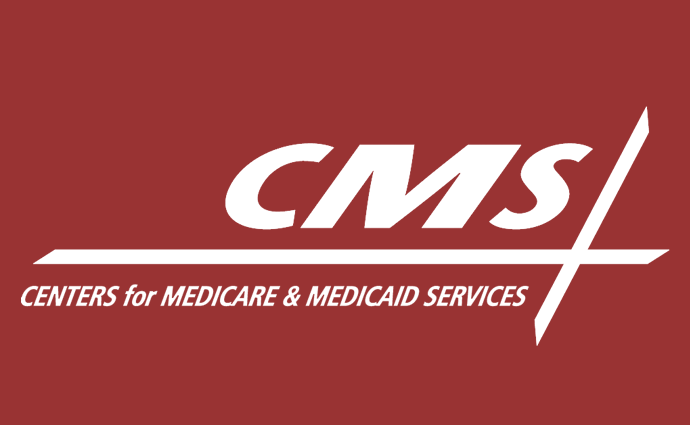Hospice plays a critical role in providing care and comfort to patients at the end of their life. A challenging time for patients and their loved ones, hospice care relies on coordinated efforts from various experts, including physicians, nurses, social workers, and spiritual advisors, according...
[PatientEngagementHIT]

Marginal health equity for Black Californians suggests slow road ahead
[RevCycleIntelligence]

Easing Administrative Burdens: Staffing and Burnout Challenges
[RevCycleIntelligence]

CMS sets minimum staffing standards for nursing homes
[HealthPayerIntelligence]

Medicaid final rules improve care access for managed care, FFS beneficiaries
Do Not Sell or Share My Personal Information
©2012-2024 TechTarget, Inc. Xtelligent Healthcare Media is a division of TechTarget. All rights reserved. HealthITAnalytics.com is published by Xtelligent Healthcare Media a division of TechTarget.